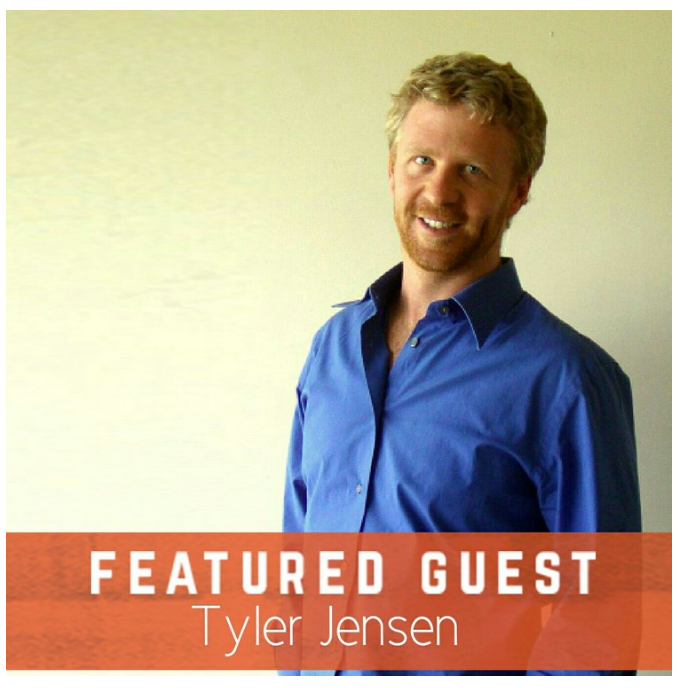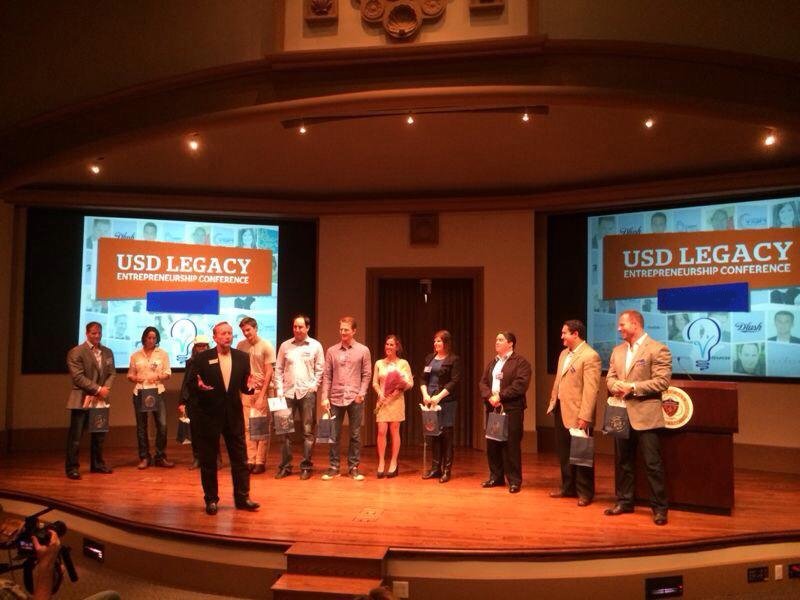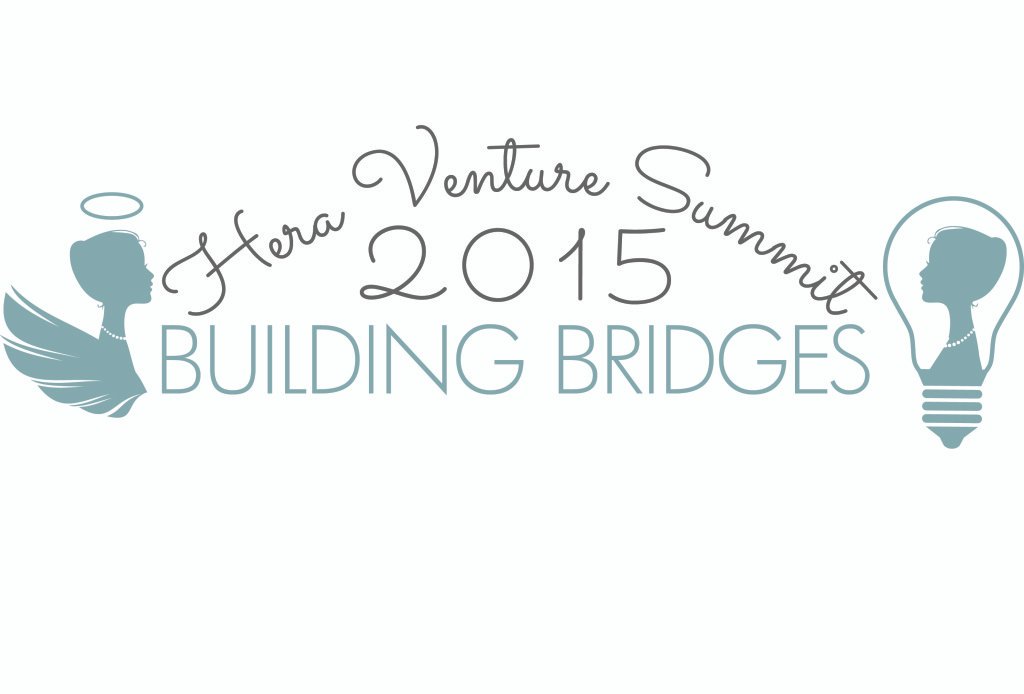Rise Up Radio Interview with Tyler Jensen Founder of The Startup Garage

You are listening to James Carmody and Jared Kelley here, in studio for SDriseup.com We are looking to hear stories in your life about local leaders in San Diego. Whether it is the small business owner, your Pastor or leader of your church, your kid’s school teacher or maybe it’s their Little League coach. James: […]
5 Reasons to Attend The USD V2 Pitch Competition For Entrepreneurs

On Thursday April 28th University of San Diego School of Business will hold an exciting competition in a “Shark Tank” like setting. Top student entrepreneurs from USD and Tijuana will compete for a total of $100,000 in cash and invaluable mentorship and support. The Startup Garage Team Compiled The Top 5 Reasons this is a […]
Who Top Startup Founders & Entrepreneurs Follow on Instagram

We all need inspiration in our life, even successful Startup Founders & Entrepreneurs turn to visual content giant Instagram, for daily encouragement or perhaps a welcomed distraction. The Startup Garage Team complied a list highlighting a handful of standout accounts they follow on Instagram, and what their personal photo posting style reveals. Tony Hsieh @Downtowntony […]
Top 8 Success Tips For First Time Founders

As a Startup entrepreneur it’s easy for your work to become your life, and 8 years to effortlessly slip by. I founded what has become The Startup Garage in January of 2008 with passion for helping entrepreneurs start and launch companies of impact. Our business, team, and services have evolved, transformed, and changed many times […]
How To “Winterize” Your Business For Success in 2016

Businesses, just like homes, require winterization in order to save money, increase efficiency, and keep things running smoothly in the cold months ahead. Every business from app development to accounting needs to be prepared for when business is slow. Here are 4 tips to prepare your business for the big freeze, and have you thriving […]
Want to Join The Startup Garage For FREE at Launch Festival in San Francisco?

The Launch Festival in San Francisco is March 2-4th 2016. The Event promises to be the greatest startup conference in the world, with 15,000 attendees, 4 stages, and 250 top notch speakers. All with the mission to help founders build, scale, and secure funding. “This whole festival is a celebration of entrepreneurship,” said angel investor […]
Tweets. Hearts & Pivots: 5 Startup Business Lessons To Learn From Twitter

As Twitter shares plunge 13% and user growth & revenue pale in comparison to other social networks. Investors, shareholders, and tweeters alike fear the legendary tech startup is doomed. #TwitterTurmoil Founded in 2006 by by turning “moments of panic into moments of inspiration” Twitter is no stranger to the art of the pivot and is […]
Tech Focused ‘Super Schools’ to Rethink High School Education in the U.S.

XQ: The Super School Project infused with $50Million Dollars of Steve Job’s fortune intends to redefine traditional U.S. high school education. The team based competition encourages applicants to reimagine and modernize public education. “To create the future, we must first imagine it.” The project intends to build and support 5-10 Super Schools to better fit […]
6 Reasons You’ll Want To Attend The USD Legacy Entrepreneurship Conference

On Thursday Oct 8 2015 The University of San Diego School of Business Administration and the Center for Peace and Commerce proudly present the 3rd annual USD Legacy Entrepreneurship Conference. If you find yourself sitting on the fence, debating whether or not you should attend this premier networking and coaching opportunity for entrepreneurs… Here are […]
7 Reasons Why Hera Venture Summit Is A Must Attend Startup Event

On Aug 4, 2015 The White House, Tech Giants, Entrepreneurs, and Venture Capitalists across America committed to invest in the future of women in business. A commitment that set the stage for previously untapped opportunities for female founders. Leading the forefront of female entrepreneurship is the conglomeration of Hera Hub= Female focused Co-working Space Hera […]

